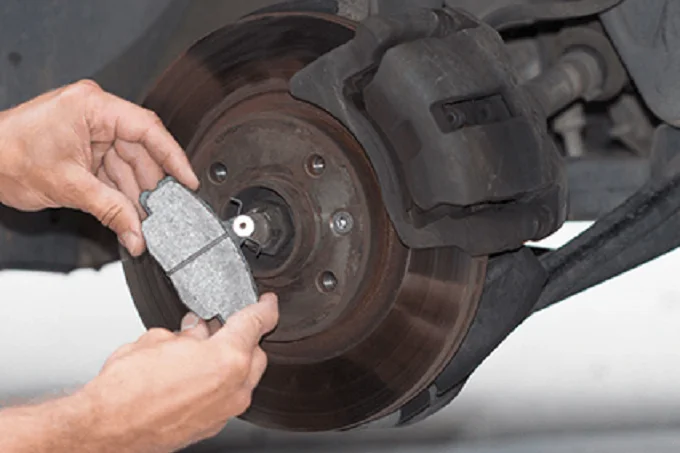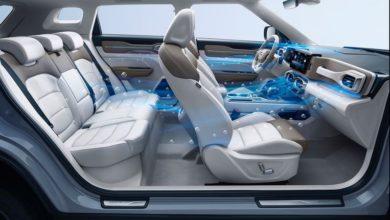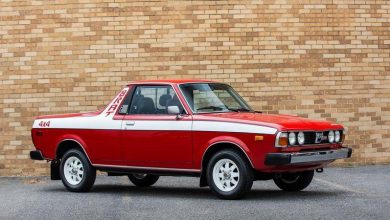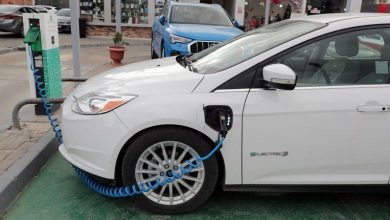Does your car make a squeaking noise when braking?

The brake pads are an essential part of keeping your car on the road safely. How long do they last? How often should you check if they are still in order?
If you want to drive your car safely, the brake system is one of the most important safety measures in your car to cherish. So it comes down to having your brake pads, and discs checked regularly.
How the braking system works
Nowadays, disc brakes are mostly used in cars. When you press on your brake pedal, the brake pads are pressed against the discs on which they rest. This creates friction which slows down the disc and everything connected to it. The pressure force of the brake pads has to be quite high to make the car slow down, which is why cars are equipped with a brake booster.
Check your brake pads regularly
Because a properly functioning braking system is essential to the safety of your car, every time a car is serviced, the braking system is also checked at the garage.
On average, brake pads last between 30,000 and 50,000 kilometers. Of course, it doesn’t hurt to have your brake pads checked regularly, for example, after every 15,000 kilometers. Many new cars are equipped with a wear indicator that automatically warns you when your brake pads need to be replaced.
You will then receive a message on your instrument panel, or you will hear an acoustic signal. If there is no indicator, but you hear a dragging or squeaking sound, then you know that your brake pads are completely worn out and need to be replaced urgently. You can also check them visually, but this requires you to remove your wheels. Your brake pads should be at least 3 mm thick at the front and 2 mm at the back.
By the way, did you know that the insurer can invoke the “loss of coverage” in case of an accident caused by malfunctioning brakes? In this way, he excludes an intervention. Better have it checked regularly!
How can you extend the life of brake pads?
As a driver, you have a great deal of control over the wear of your brake pads. If you drive defensively and not aggressively, you can be sure that your brake pads will wear out less quickly. If you anticipate traffic situations, you will have to brake less abruptly. It is precisely this ‘aggressive braking’ that is, of course, detrimental to the life of your brake pads.
Also, adapt your speed to the weather conditions, especially in rainy weather. If you go slower, the car will have a shorter braking distance. The result: your brake pads will wear out less quickly!




